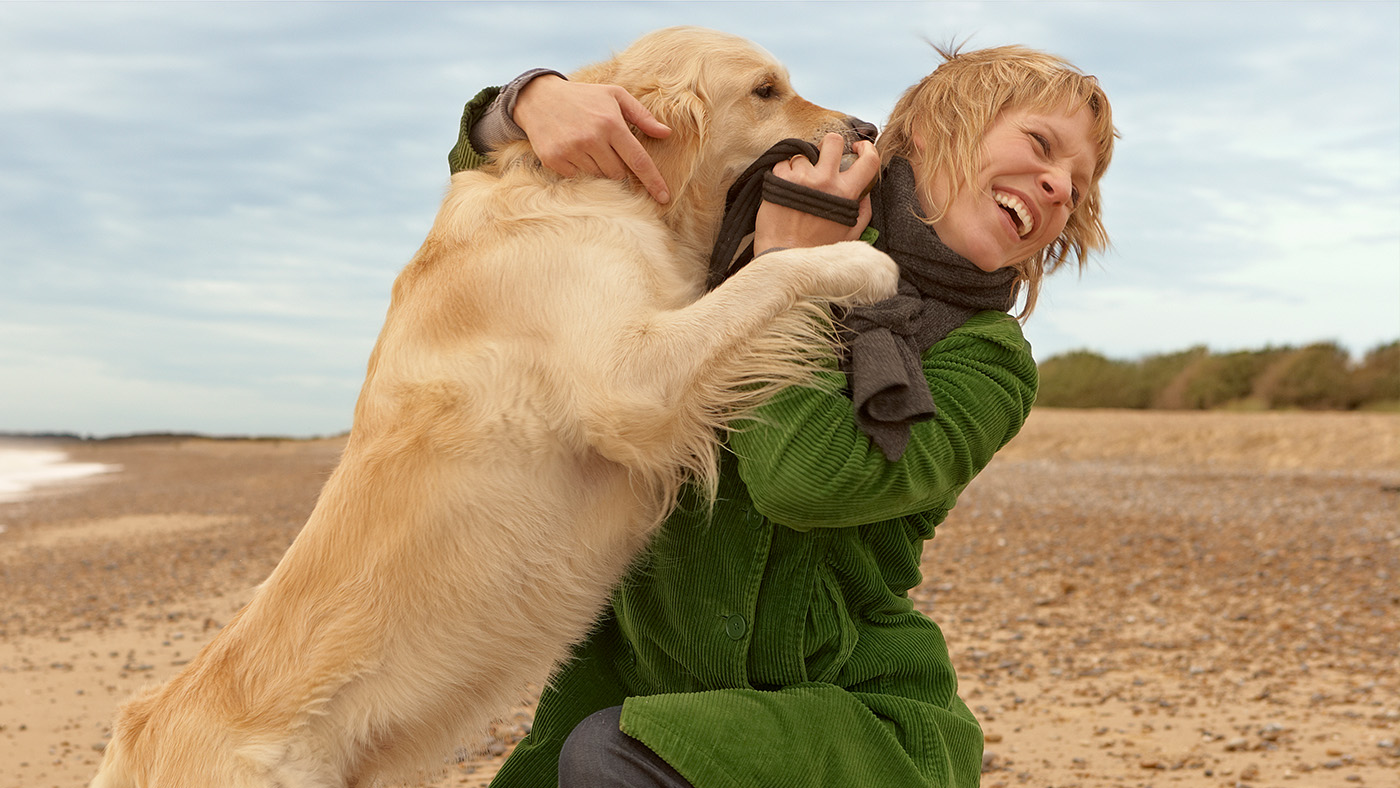As you may have heard, President Biden’s German shepherd, Commander, has been denied further occupancy privileges at the White House. That’s because, in his apparent efforts to protect the president, he got in the way of Secret Service agents whose job it is to protect the president.
Specifically, Commander, on a couple of occasions, bit a Secret Service agent, leading to his banishment from the White House.
On a more general note, dog bites are in fact a serious public health hazard. Per the Centers for Disease Control and Prevention, something like 4.5 million dog bites occur annually, 800,000 of which require medical attention. And dog owners need to know that dog bites can lead to substantial liability. (Since dogs rarely have money or insurance, it’s the dog owner and not the dog that gets sued.)
To briefly summarize dog bite liability law in Colorado, contrary to popular belief, dog owners are not entitled to one free bite — at least not if the bite causes “serious bodily injury.” That’s because Colorado has a statute making dog owners strictly liable for such injuries. (“Strict” liability refers to a legal rule that permits recovery of damages without having to prove negligence.) Under the Colorado statute, recovery for serious bodily injury is allowed “regardless of … the dog owner’s knowledge or lack of knowledge of the dog’s viciousness or dangerous propensities.” So, if Snoopy’s first bite causes a serious injury, his owner can’t defend against a civil lawsuit by arguing that Snoopy is a loving household pet and has never before demonstrated aggressive behavior.
“Owner” is a broadly defined term under the statute and includes anyone having control or custody of a dog. Therefore, if you are dog sitting for a friend or relative, you can be liable for serious bodily injury caused by the dog while in your care.
“Serious bodily injury” means a substantial risk of death, permanent disfigurement, or protracted loss or impairment of the function of any part of the body. Included in the definition is an injury involving fractures. The statute goes on to say if the owner of a dog causing serious bodily injury had knowledge of the dog’s dangerous propensities, a court can, at the request of the victim, order that the dog be euthanized.
Under the statute, a dog owner is protected from liability if the injured person is trespassing, if the property where the bite occurs is posted with signs stating “no trespassing” or “beware of dog,” or if the injured person was provoking the dog. A dog owner is also protected if the dog was “working” when the injury occurred. Working includes farm and ranch duties, such as herding and predator control, and hunting. (Chasing tennis balls does not qualify.)
A dog owner is additionally protected from liability if the injured party is a veterinarian, dog groomer, humane agency staff person, professional dog handler, trainer or dog show judge. (The Colorado General Assembly apparently decided dogs should have the right to bite people who might impair their ability to procreate, make them take baths, euthanize them, etc.)
If a dog bite injury doesn’t rise to the level of serious bodily injury, a first-bite defense might in fact work. That’s because the injured party, in order to recover damages, must now prove negligence and, if the dog owner had no reason to think a dangerous situation was present, proving negligence might be difficult.
Jim Flynn is a business columnist. He is of counsel with the Colorado Springs firm Flynn & Wright; moneylaw@jtflynn.com.




